BILBERRY
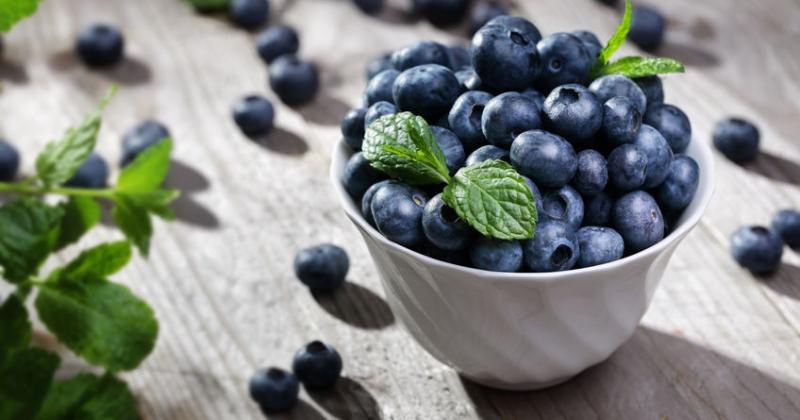 />
/>
Bilberry is a bush of 10-50 cm high. Leaves are alternate, ovate, almost sessile, spirally located, elliptical; the leaves on the top are acuminate. The plant has a creeping rhizome which gives a large number of shoots. It blooms in May. The flowers are greenish-white. The fruit is bluish-black or simply black. It can contain up to 40 seeds inside, but the average amount is usually about 20 seeds. Birds eat fruits and spread the seeds which are non-digestible in their stomach. read more ›
OREGON GRAPE
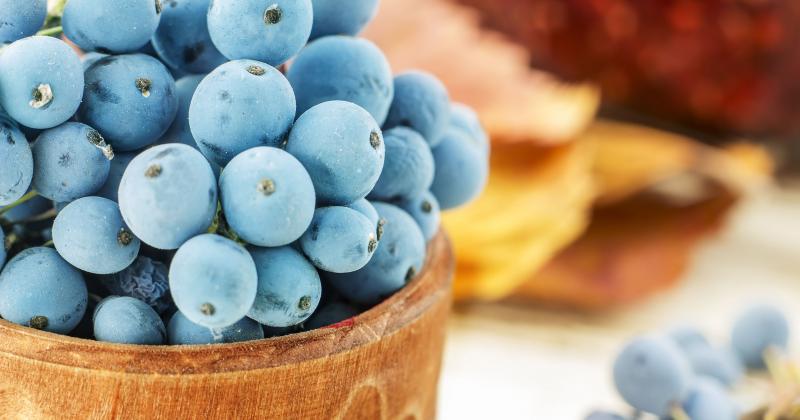 />
/>
The roots include isoquinoline alkaloids (berberine, hydrastin, berbamin), palmitin, zinc, copper, silicon, manganese, sodium. There are tannins, flavonoids, pectins, organic acids and some microelements (potassium, copper, zinc, etc.) in the bark and branches of the plant. read more ›
SANICLE
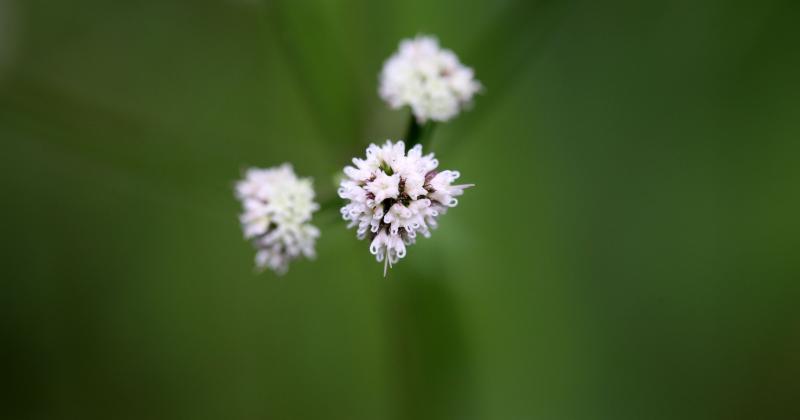 />
/>
A perennial herbaceous plant with a height of 40-120 cm. Lamina is 4-10 cm long, heart-shaped, round, deep-digitate, a three- or quinquepartite. The inflorescence is three- or four-leafed, with greenish flowers collected at the ends in spherical umbels. Sanicle blooms in June - July. read more ›
LICORICE
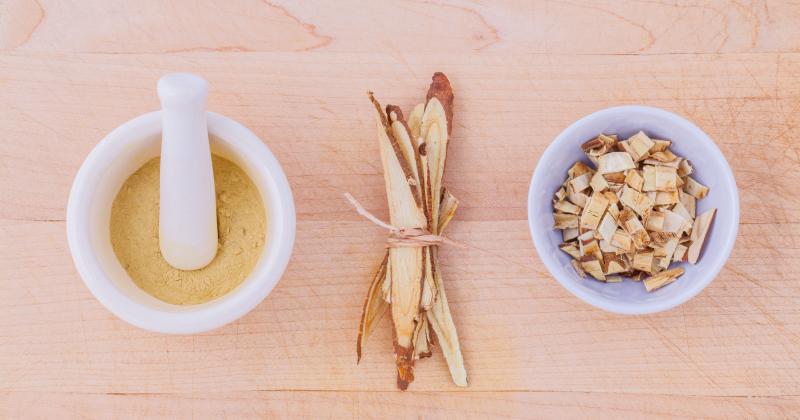 />
/>
It grows wild in France, Italy, Southeast Europe (including Ukraine and Moldova), in North Africa (mainly in Libya), Western and Central Asia, occurs in the southern regions of the European part, Western Siberia and the North Caucasus. read more ›
WHITE WILLOW
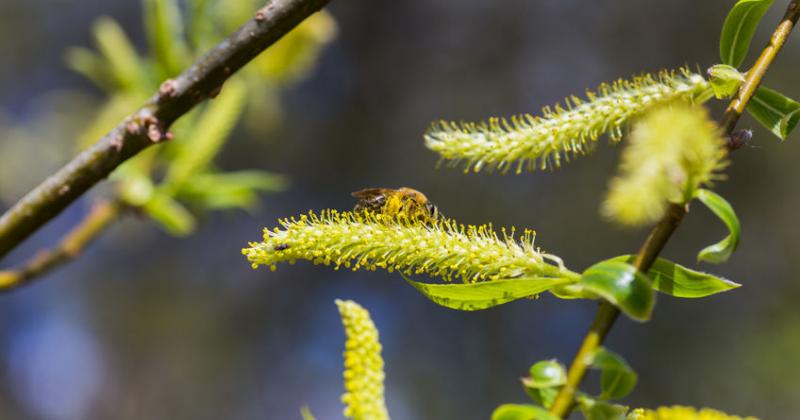 />
/>
The tree is 20-30 m high, with a wide-rounded, often weeping crown, and with a powerful trunk up to 3 m in diameter (often several trunks), covered with a dark gray deeply cracked bark (bitter taste). The lower branches often incline to the ground. read more ›
PAPAYA
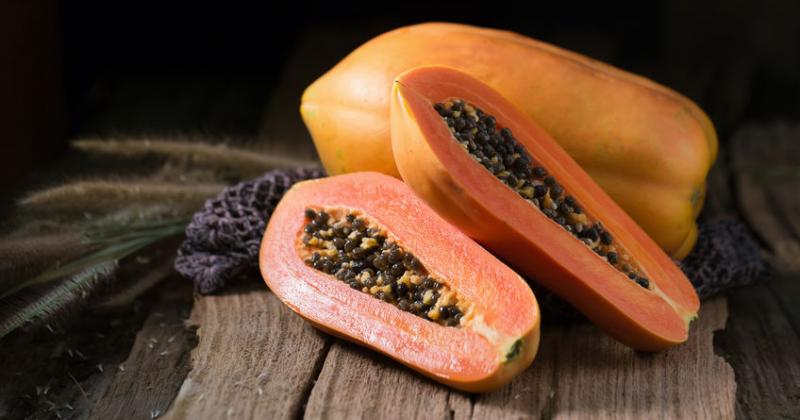 />
/>
Papaya is a low, slender palm-like tree with a thin, branchless trunk of 3-10 m high. The leaves are large, 50-70 cm in diameter, finger-cut, on long petioles. Flowers develop in the axils of the leaves, turning into large fruits, 10-30 cm in diameter and 15-45 cm in length. The ripened fruit is soft and has a color from amber to yellow. All parts of the plant contain milky juice. read more ›
ALFALFA
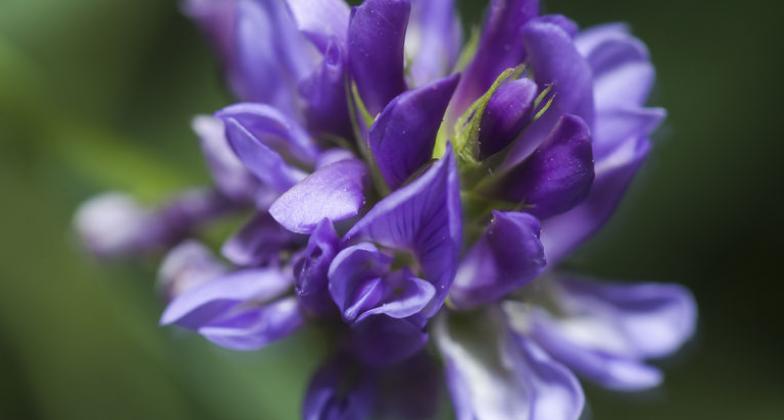 />
/>
Stems are tetrahedral, bare or floccose, the upper part is strongly branched, up to 80 cm height, can be straight, wide bushy or lying. Rhizome is powerful, thick, and deep-seated. Leaves are petiolate. Leaflets are 1-2 cm long and 0.3-1 cm width, oblong-obovate, and whole. Flowers are blue-violet. The fruit is a bean, about 0.6 cm in diameter. read more ›
STINGING NETTLE
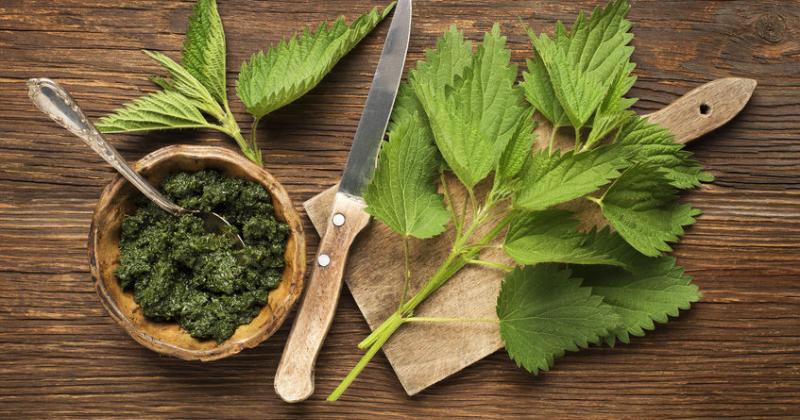 />
/>
Nettle is a perennial herbaceous plant with a powerful root and a long horizontal branching rhizome. It reaches a height of 60-200 cm. The stem is hollow, the surface is covered with simple and burning hairs. Leaves are opposite, equilateral, long-petioled, simple, whole, dark green, 8-17 cm long, and 2-8 cm wide. The flowers are single-sexed, greenish, actinomorphic, four-dimensional, with a flat flower base. read more ›
RED CLOVER
 />
/>
Red clover is a biennial, but more often a perennial herbaceous plant. Its stems are branched. It is easy to be distinguished, if you pay attention to the herb of 15-55 cm tall, blooming with irregularly shaped flowers, similar to small purple-red balls. read more ›
HAWTHORN
 />
/>
It is a huge shrub that can grow into a small tree of 8-12 m height with a heavy crown. The leaves are polished, three-lobed, dark green, of 2-6 cm long. Flowers are produced in clusters from 6 to 12 with creamy-white, and sometimes pink or red petals. The fruit is a dark red pome of 6–10 millimeters long. read more ›
LINDEN
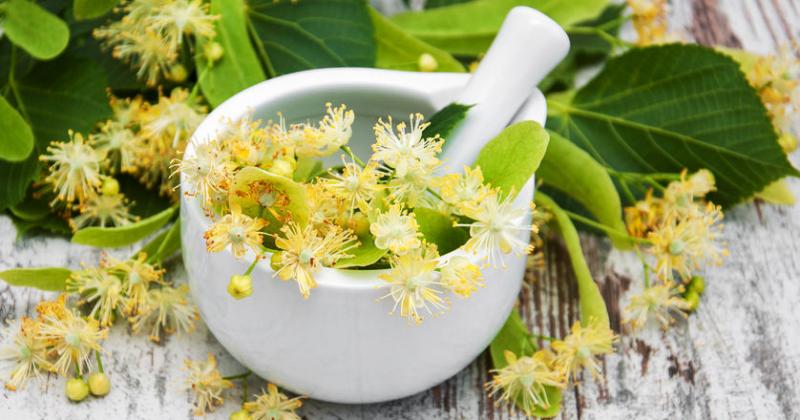 />
/>
It is a naturally occurring hybrid between Tilia cordata (small-leaved lime) and Tilia platyphyllos (large-leaved lime). However it is not closely related to the lime fruit tree. It is a deciduous tree up to 15–50 m of height. The leaves are intermediate of 6-15 cm long. The flowers are produced in clusters. The fruit is a dry nut-like drupe with diameter of 8 mm. read more ›
ANGELICA
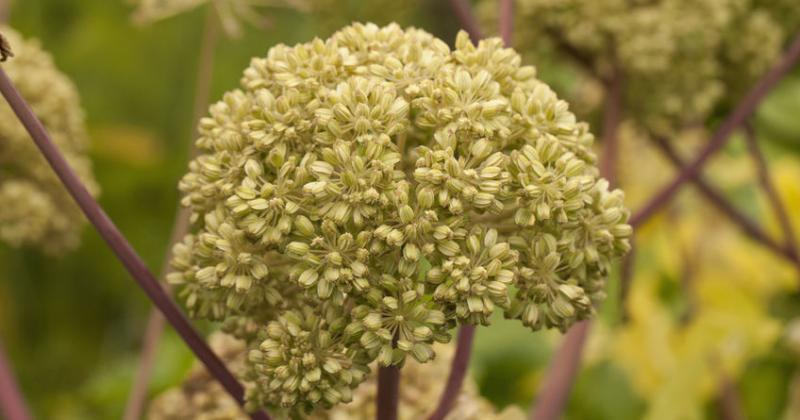 />
/>
A biennial plant with a pleasant smell. Rhizome is brown, short, thick, with diameter up to 8 cm, with numerous vertical subordinate roots. The stem is single, erect, 120-250 cm high, thick, bare, cylindrical, hollow inside, branched at the top. read more ›
MELILOT
 />
/>
Melilot is an annual or biennial plant of 1.2–1.8 m high. Leaves are alternate and possess three leaflets. The flowers are yellow, produce fruit in pods (containing one seed). They blossom in spring-summer. The color of the pollen is yellow. read more ›
GOLD TANSY
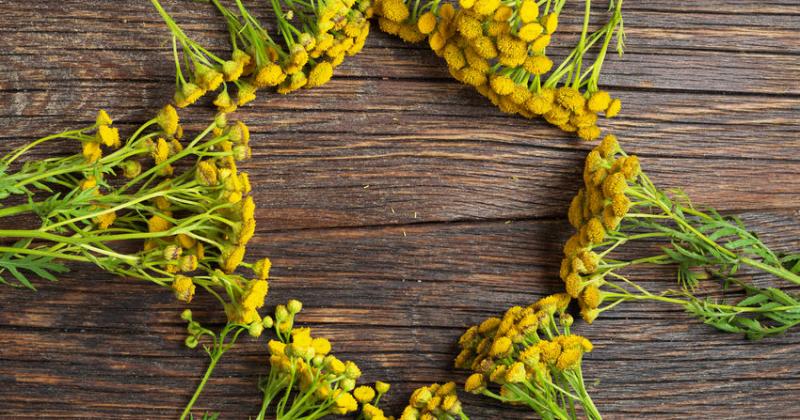 />
/>
A perennial plant with a height of 50-150 cm. The plant has a characteristic (camphoric) odor. Rhizome is long, woody, creeping, branching. The stems are numerous, straight, branched in the upper part, slightly hairy or glabrous. Leaves are alternate, oblong-ovate, twice-pinnatisected, with 5-12 pairs of oblong-lanceolate, pointed, serrate leaves; the upper side is dark green, with the glacial lower side. The lower leaves are petiolate, the rest are sessile. read more ›
CLOVES
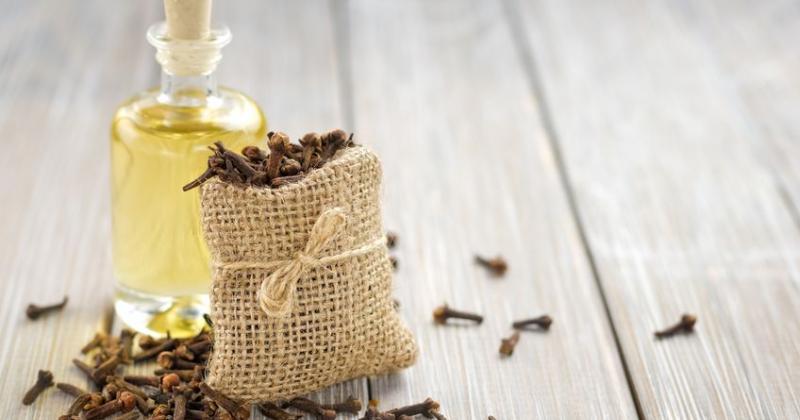 />
/>
Clove is an evergreen shrub or tree with a pyramidal crown, which has a strong aroma. Leaves are leathery, opposite, petiolate, elliptical, glabrous, and dark green. Flowers are purple-red, small, collected in complex semi umbels. Fruit is a false berry. read more ›
CAYENNE PEPPER
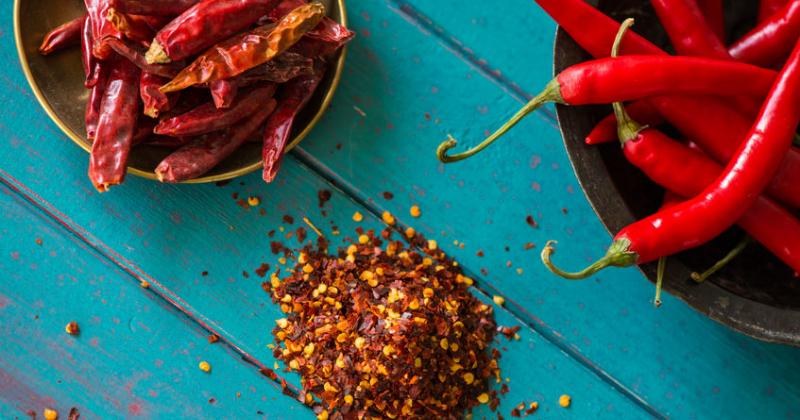 />
/>
The perennial shrub is 20-120 cm high. The leaves are elliptical, smooth, and regular. The flowers are mostly white, yellow or purple. The fruit is a false berry of oblong shape. The thickness of the walls is 1-2 mm. The color is green, yellow (at the stage of ripeness), light orange, red and of darker shades (ripped). read more ›
THYME
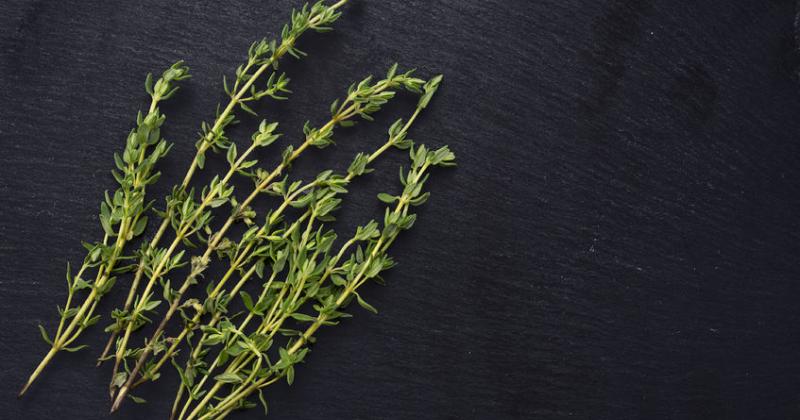 />
/>
This flowering plant is 15-30 cm tall and 40 cm wide. It is an evergreen subshrub with tiny, greatly fragrant, grey-green leaves and clusters of purple or pink flowers in early summer. read more ›
ARNICA
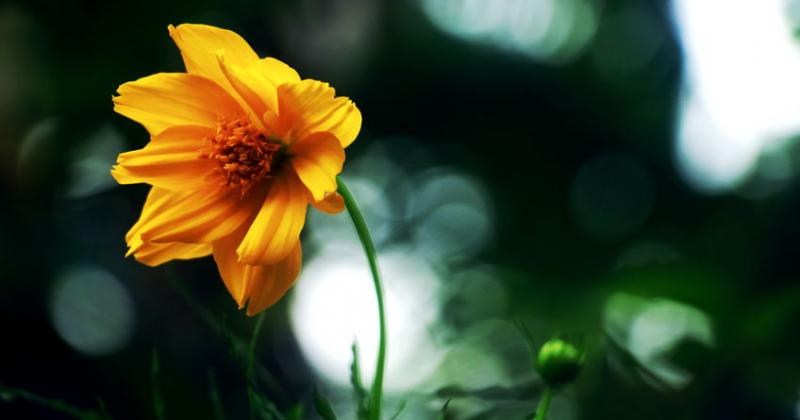 />
/>
Arnica is a European flowering plant with large yellow flower head. The height of this aromatic perennial herb is about 18-60 cm. The leaves are green, ovate, with rounded tips. The plant flowers between May and August. read more ›
FENUGREEK SEEDS
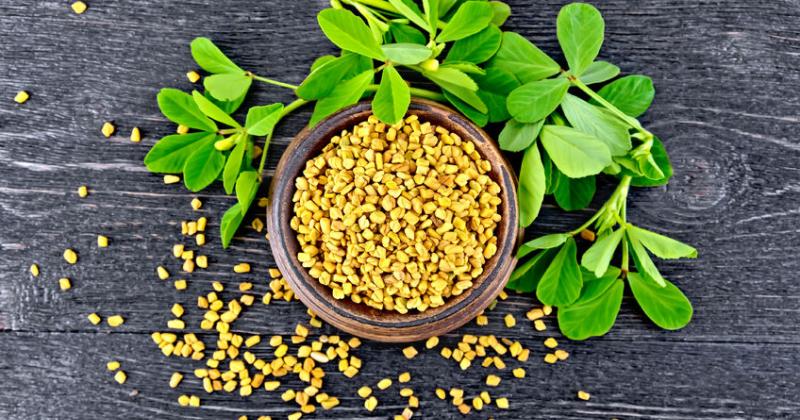 />
/>
Plant is up to 60 cm height with alternate triple-complex leaves of 2 cm long. The leaves are of ovoid shape. The stem is branchy, roundish with a taproot. Flowers are sessile, very small, yellowish white, and at the base light-violet. The plant blooms from May to June. Flowers produce long (up to 10 cm) narrow (4-5 mm thick) bare or slightly hairy beans with hard rectangular seeds. read more ›
GARLIC
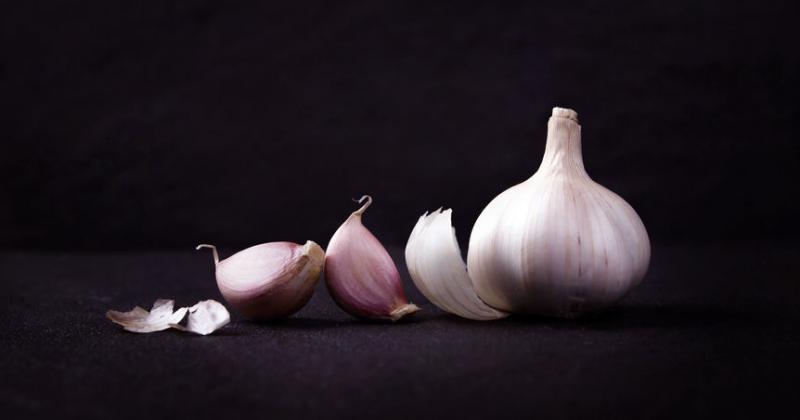 />
/>
The leaves are of considerable length, narrowing and plane. The bulb consists of several bulblets, known technically as 'cloves. The flowers are placed at the end of a stem rising direct from the bulb and are whitish, grouped together in a globular head. read more ›
